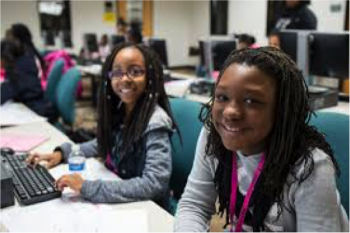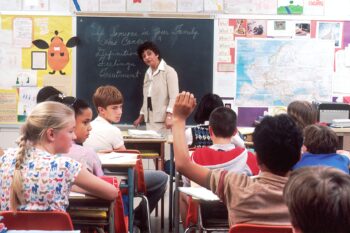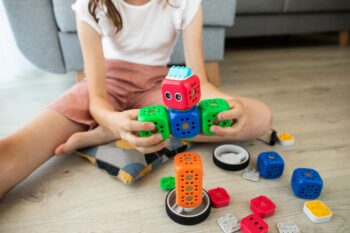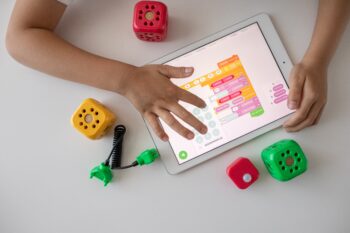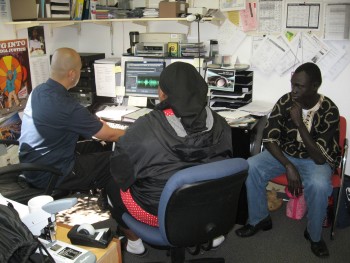Rockman et al Cooperative has conducted several evaluations for initiatives designed to improve digital access, fluency with digital technology, and coding skills. Through investigating the implementation and impact of digital literacy and coding programs in pk-12 schools, after-school programs and technical education programs, we have developed a strong understanding of processes involved in teaching and learning computational thinking.
Please explore selected examples of our work with digital literacy and coding programs below. We welcome the opportunity to discuss your project with you and to provide you with more information about our tailored services. Please Contact Us to schedule a free 30-minute Q&A session with a consultant.
